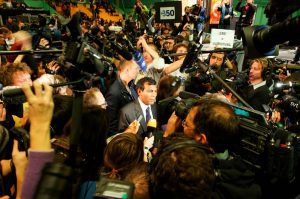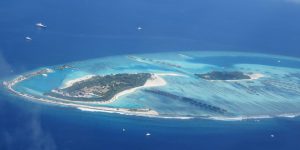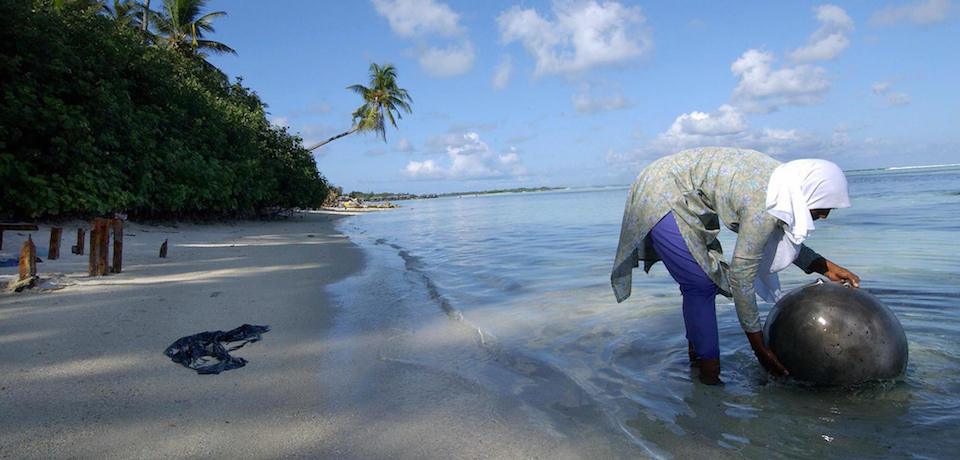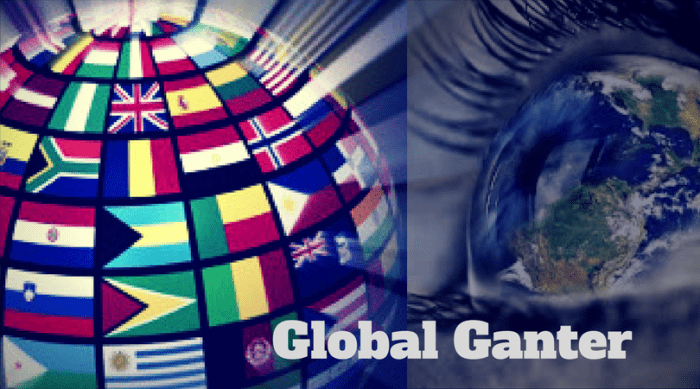Reading Time: 4 minutes
The Maldives, a contested terrain for power is actually undermining democracy and goes ahead to show that all is not well in the South Asian region. China is flexing its muscle, while India issued a statement rather than any military intervention as in the past, points out Navodita, our Associate Editor, exclusively for Different Truths.
The Maldives, that has most recently become the contested terrain for power is actually undermining democracy and goes ahead to show that ‘all is not well’ in the South Asian region.
The entire show began in the year 2008 when Mohammed Nasheed became the first democratically-elected President of the country. However, a row erupted over the arrest of the chief justice following which former President Nasheed announced his resignation after a mutiny by the police. Abdullah Yameen, who came to power in 2013, defeated Nasheed in the presidential election. Nasheed was arrested on terrorism charges in February 2015 and later jailed for thirteen years. He was also granted a refugee status in the U.K. where he went for treatment, too, in May 2016. In the meanwhile, in August an arrest warrant was issued against him for failing to return. Meanwhile, Abdullah Yameen refused to comply with Supreme Court orders to release nine dissidents and restore the seats of 12 legislators. The political crisis further escalated as President Yameen sent soldiers to storm the court and arrest the judges.
 In the meantime, exiled former President Nasheed sought India’s military intervention in the country to release dissidents in prison. He said in a press statement, “we would like the Indian government to send an envoy, backed by its military, to free the judges and the political detainees, including former President Maumoon Abdul Gayoom, from their detention and to bring them to their homes. We are asking for a physical presence.”
In the meantime, exiled former President Nasheed sought India’s military intervention in the country to release dissidents in prison. He said in a press statement, “we would like the Indian government to send an envoy, backed by its military, to free the judges and the political detainees, including former President Maumoon Abdul Gayoom, from their detention and to bring them to their homes. We are asking for a physical presence.”
In his contribution for the editorial page in the Indian Express, President Nasheed has written, “As I watch my country in exile, I fear that piece by piece, island by island, the Maldives is being sold off to China…democracy in the Maldives matters. It’s not just a question of human or civic rights…there is now a ‘state within a state’- a network of radicals lurking in the shadows, waiting to overrun the country.”
Meanwhile, United Nations Secretary-General Antonio Guterres called on the government in Male to lift the state of emergency and guarantee safety for its citizens, ‘including members of the judiciary’. After former President Nasheed sought India’s help, China emphasised on seeking a domestically-driven breakthrough for the Maldives. China is the number one source of tourists for the Maldives. Chinese tourists constitute about 30% of the Maldives tourist arrivals.
 India issued another statement of concern over the growing crisis in the Maldives but didn’t respond to former President Nasheed’s appeal for military intervention. The Ministry of External Affairs said in a statement, “we are disturbed by the declaration of a state of emergency following the refusal of the government to abide by the unanimous ruling of the full bench of the Supreme Court on February 1, and also by the suspension of constitutional rights of the people of the Maldives.” A statement said that this is not the first time neighbouring countries have moved from democracy to dictatorship, yet India could think about moving its troops if Indians in Male face any direct threat. He said that President Yameen’s actions contravening the Constitution could even be seen as a ‘challenge to international order’. Nasheed says he was all set to run in elections scheduled again this year once democracy is restored.
India issued another statement of concern over the growing crisis in the Maldives but didn’t respond to former President Nasheed’s appeal for military intervention. The Ministry of External Affairs said in a statement, “we are disturbed by the declaration of a state of emergency following the refusal of the government to abide by the unanimous ruling of the full bench of the Supreme Court on February 1, and also by the suspension of constitutional rights of the people of the Maldives.” A statement said that this is not the first time neighbouring countries have moved from democracy to dictatorship, yet India could think about moving its troops if Indians in Male face any direct threat. He said that President Yameen’s actions contravening the Constitution could even be seen as a ‘challenge to international order’. Nasheed says he was all set to run in elections scheduled again this year once democracy is restored.
It is interesting to note that President Yameen has called for an election soon enough in an effort to defeat his opponents. His attorney general Mohammad Anil has warned that any action was taken against him or any demand seeking his impeachment will be quashed and will be a threat to national security. Yameen has full military and army backing of the country. Although there is a provision of removing the President through impeachment, the attorney-general of the country said that the President can be removed only by a vote in the parliament and the police and security forces will not execute orders by ‘fake powers’ that be. At the moment former President Nasheed is living in exile in Sri Lanka and is fearful of this proclamation of a ‘coup d’etat’ by President Yameen. Until there is any other major breakthrough, both the factions under Nasheed and Yameen will have to continue garnering international support for their claims.
 The Maldives had become a democracy and gained fame as a ‘luxurious tourist resort state’ after almost three decades of dictatorship in the past. But whatever recognition it had gained and achieved as a ‘democracy’ has been washed off by Yameen’s ascendancy to power in a coercive way. The international community has often raised eyebrows and concerns over growing dictatorial tendency of the current President. In the past, under Rajiv Gandhi’s prime ministership India had sent military assistance and troops to the Maldives to reinstate then President Maumoon Abdul Gayoom. This was done in the wake of Tamil threat by Sri Lankan Tamils to take over power in the Maldives. However, today’s circumstances are different. Today India’s stand will be governed by the tilt of international community towards China as a growing economic power in the region. As India rejects the Maldives offer, the Maldives government has called for an all-party meet. Which way will the crisis unfold? Hopefully towards a rapprochement.
The Maldives had become a democracy and gained fame as a ‘luxurious tourist resort state’ after almost three decades of dictatorship in the past. But whatever recognition it had gained and achieved as a ‘democracy’ has been washed off by Yameen’s ascendancy to power in a coercive way. The international community has often raised eyebrows and concerns over growing dictatorial tendency of the current President. In the past, under Rajiv Gandhi’s prime ministership India had sent military assistance and troops to the Maldives to reinstate then President Maumoon Abdul Gayoom. This was done in the wake of Tamil threat by Sri Lankan Tamils to take over power in the Maldives. However, today’s circumstances are different. Today India’s stand will be governed by the tilt of international community towards China as a growing economic power in the region. As India rejects the Maldives offer, the Maldives government has called for an all-party meet. Which way will the crisis unfold? Hopefully towards a rapprochement.
©Navodita Pande
Photos from the Internet
#Maldives #DemocracyInMaldives #ChinaAndIndiaAbout Maldives #PresidentOfMaldives #DemocracyInJepardy #GlobalGanter #DifferenTruths

















